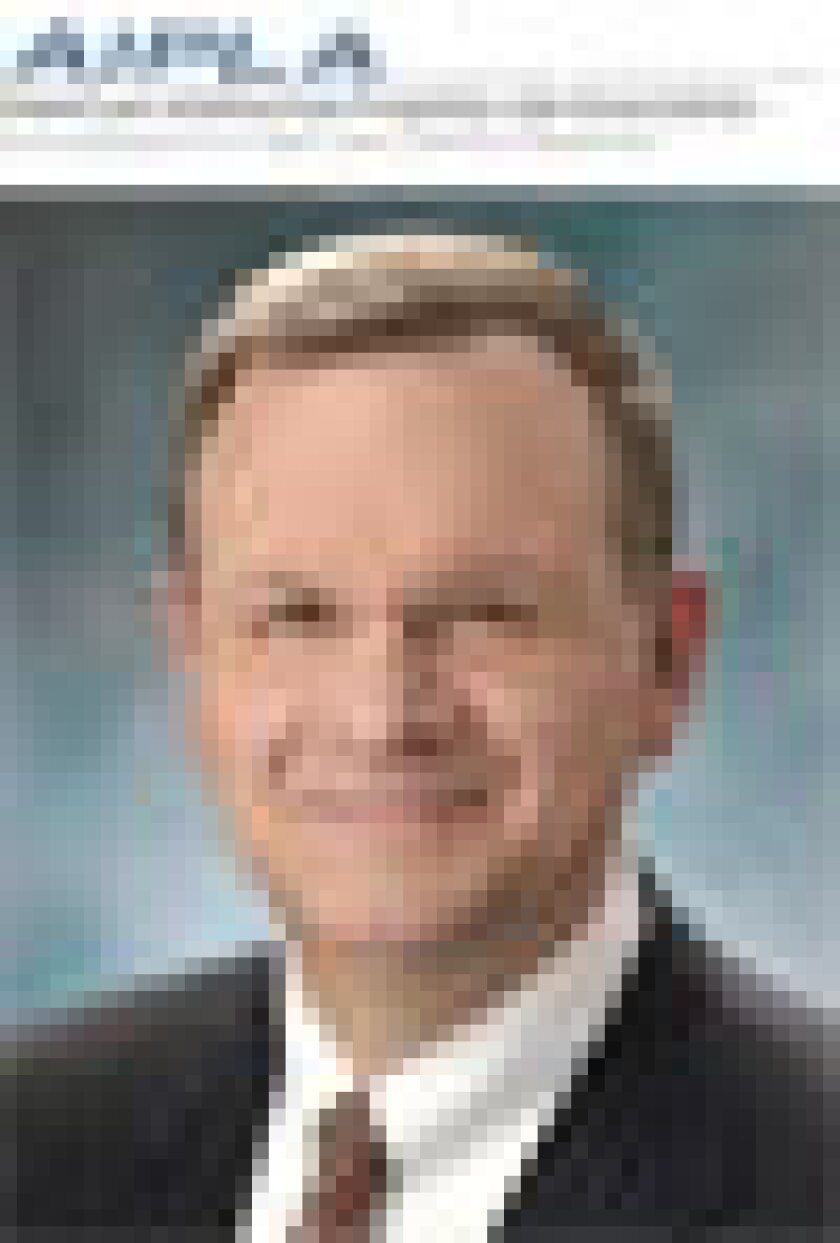
I am currently on my first international trip, leading an AIPLA delegation to Cuba, after which I will be going directly to Uruguay for a meeting of the South American IP association ( ASIPI).
Since I don't know very much about the 20th Century history of Cuba, I recently read the book "Havana Nocturne" by T.J. English. The book was recommended to me by Past President Bill Rooklidge – although I originally wrote down the name incorrectly and could not find it until a helpful book store employee directed me to the true crimes section.
The book deals with the history of the mob’s involvement in developing the tourism/casino industry in Havana during the 1940s and 50s. I’m told that you can still see remnants of the work by Lucky Luciano and Meyer Lansky in the various hotels around Havana, so I’m curious to find out how the book compares to what we see during our visit.
After Cuba, I will travel to Punta del Este, Uruguay (via Miami) for the ASIPI conference. Punta del Este is a walled city and it is supposed to be one of the most gorgeous places on earth.
My ASIPI hosts have asked me to participate in a panel discussion on the restorations of Paris Convention Priority Rights under the Patent Cooperation Treaty.
Although the U.S. signed the Patent Law Treaty on procedural patent harmonization in 2000, this issue is ripe and before Congress because the Implementation Act is just now (finally) moving through Congress as part of The Patent Law Treaties Implementation Act of 2012.
I do have to admit that prosecution is not my primary focus at Patterson Belknap these days, so I’m a little rusty on Patent Cooperation Treaty. I therefore reached out to the leadership of the AIPLA’s PCT Committee, and with the help of Jay Erstling and Brooke Schumm, AIPLA Deputy Executive Director for International and Regulatory Affairs, Al Tramposch, and Board member Carl Oppedahl, I got back up to speed quickly.
|
|
"Although the U.S. signed the PLT in 2000, the Implementation Act is just now (finally) moving through Congress" |
|
|
If an applicant misses the one-year deadline, under the Paris Convention to get the benefit of an earlier filing date (and therefore avoid some invalidating prior art), each contracting country can restore those rights.
But the country can have its own standards. The U.S. standard recognizes an inadvertent failure to perfect Paris Convention rights, and does not require a showing that the applicant exercised "due care," one of the two possible standards set out in the 2000 Patent Law Treaty.
Some offices, such as the European Patent Office, require the due care standard but will not restore rights when it is merely inadvertent. Stay tuned and I will let you know how it goes.
Thanks for reading.











